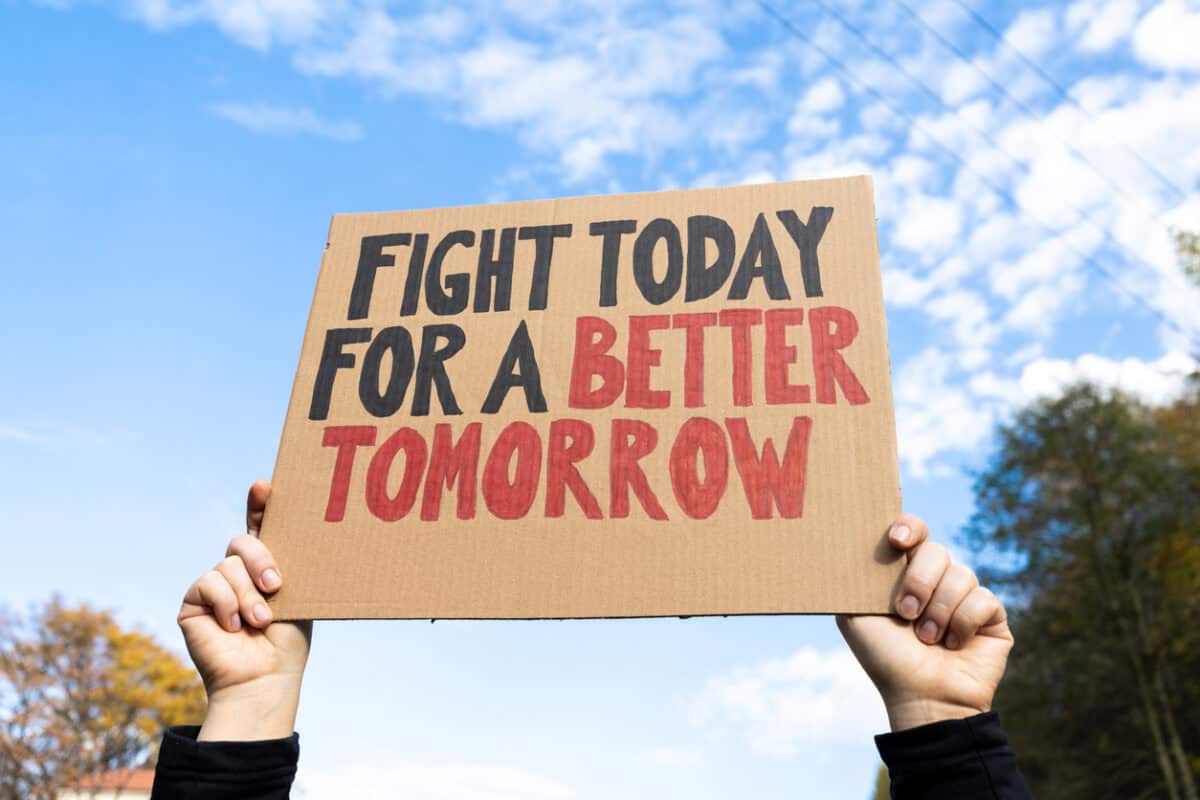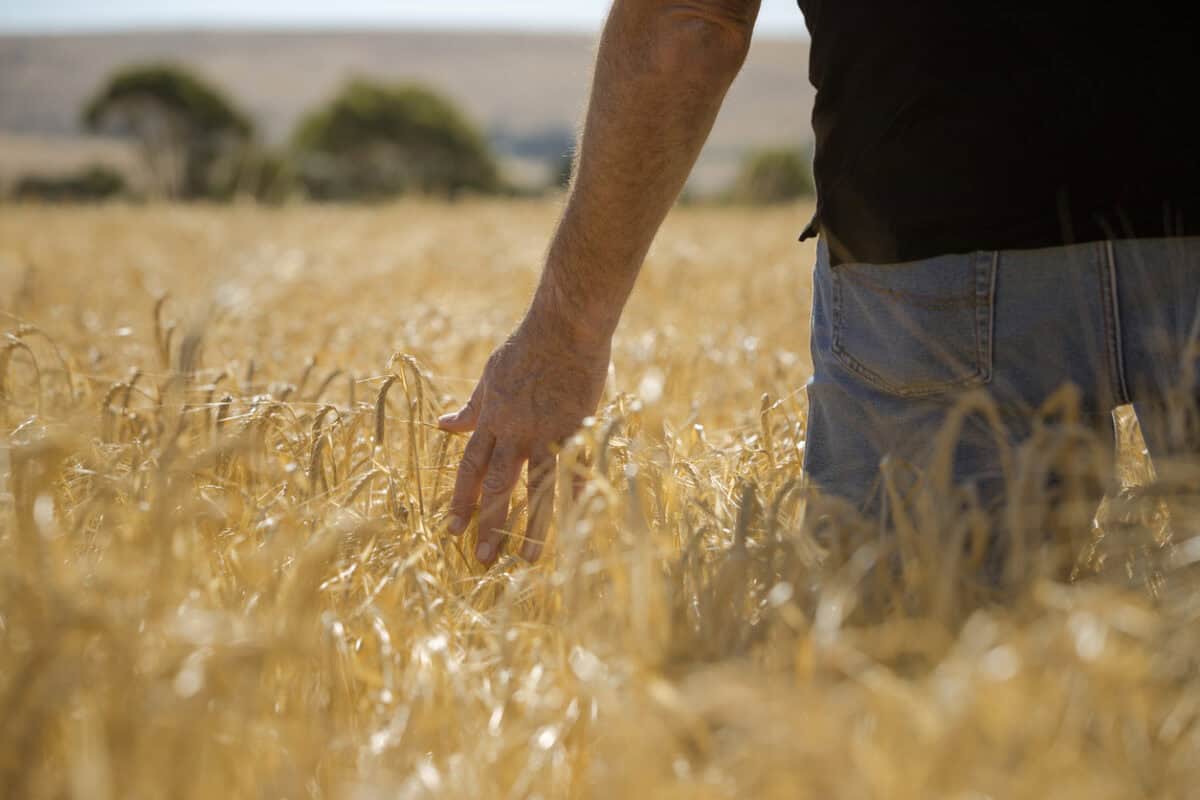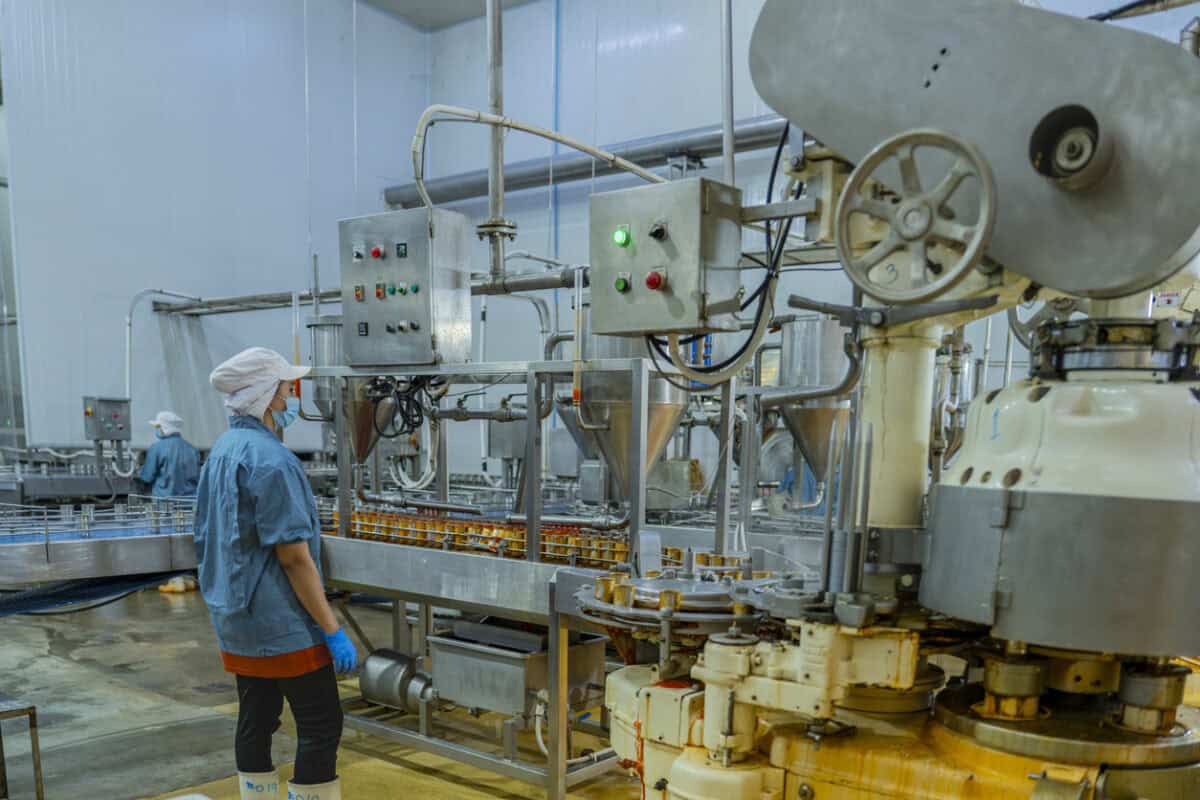When the International Labour Organisation declared safe and healthy work a fundamental human right in 2022, Australia quietly joined a global shift that reframed workplace safety from a technical discipline to a matter of human dignity. It didn’t make headlines. It didn’t trigger a legislative overhaul. But it did change the ground rules.
The question is whether this shift has improved worker health and safety in Australia—or whether it risks becoming another layer of symbolic language sitting comfortably above the realities of work.







